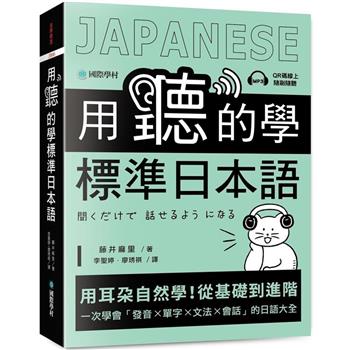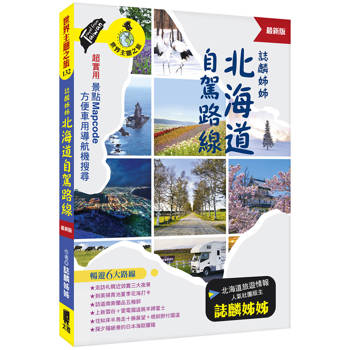Richard Chamberlin lives in the New Forest, England and first became interested in horses at the age of fourteen. He had been tasked to escort his sister to the local stables so she could ride at weekends. The gentleman who owned the establishment was of a very encouraging nature and planted the seed for a relationship with horses. This has lasted throughout Richards’s life. Having joined the Army in 1972, he was posted to units where people owned polo ponies and eventers, so when time allowed Richard was there. In 1981 he married Bobbie and moved to the New Forest where their shared passion for horses soon had them back in the saddle. After several years competing, Richard met Portuguese horses master Joao Oliveira the son of the legendary Nuno Oliveira. Richard started to understand how training was structured, how riding was from the mind and body, not the hands and heels. Richard went on to perform many entertaining displays throughout the UK. His prowess enabled him to meet and ride with many of the greatest masters of European horsemanship. Considerable time was spent discussing the finer points with these eminent horsemen, which allowed him to appreciate how they approached training, and there personal techniques. A passion for understanding, led to many hours studying the great literary works available. Appreciating the history and the development of horse training, has allowed him to assist many in how to approach better training. Being able to explain movement by its historical development, allows for a clearer guidance in training. Richard is renowned for his way of clearly explaining how training and riding works. A logical process, linked with a psychological approach, allows all to understand. His calm nature shows how thought is the most powerful tool for the rider and education is imperative, leading riders to see there is no magical processes or amazing new methods, and that basic tack is best, with no need for gadgetry. The master’s books were written for others of a similar disposition to follow; these works are hugely relevant to today’s riders, but some find too daunting to be easily followed. Today’s masters are writing works to help today’s modern horse and rider. Richards’s books are well structured, allowing easy understanding and structured so people can retain, or if necessary easily find the information needed. Richard has the idea that a book is better off in the tack room and used, than on the shelf at home gathering dust.
| FindBook |
有 1 項符合
A Better way of Training and Riding Horses: A refreshing way to understand horsemanship and equitation put simply.的圖書 |
 |
A Better way of Training and Riding Horses: A refreshing way to understand horsemanship and equitation put simply. 作者:Chamberlin 出版社:Createspace Independent Publishing Platform 出版日期:2012-05-31 語言:英文 規格:平裝 / 104頁 / 22.86 x 15.24 x 0.69 cm / 普通級/ 初版 |
| 圖書館借閱 |
| 國家圖書館 | 全國圖書書目資訊網 | 國立公共資訊圖書館 | 電子書服務平台 | MetaCat 跨館整合查詢 |
| 臺北市立圖書館 | 新北市立圖書館 | 基隆市公共圖書館 | 桃園市立圖書館 | 新竹縣公共圖書館 |
| 苗栗縣立圖書館 | 臺中市立圖書館 | 彰化縣公共圖書館 | 南投縣文化局 | 雲林縣公共圖書館 |
| 嘉義縣圖書館 | 臺南市立圖書館 | 高雄市立圖書館 | 屏東縣公共圖書館 | 宜蘭縣公共圖書館 |
| 花蓮縣文化局 | 臺東縣文化處 |
|
|
圖書介紹 - 資料來源:博客來 評分:
圖書名稱:A Better way of Training and Riding Horses: A refreshing way to understand horsemanship and equitation put simply.
|











